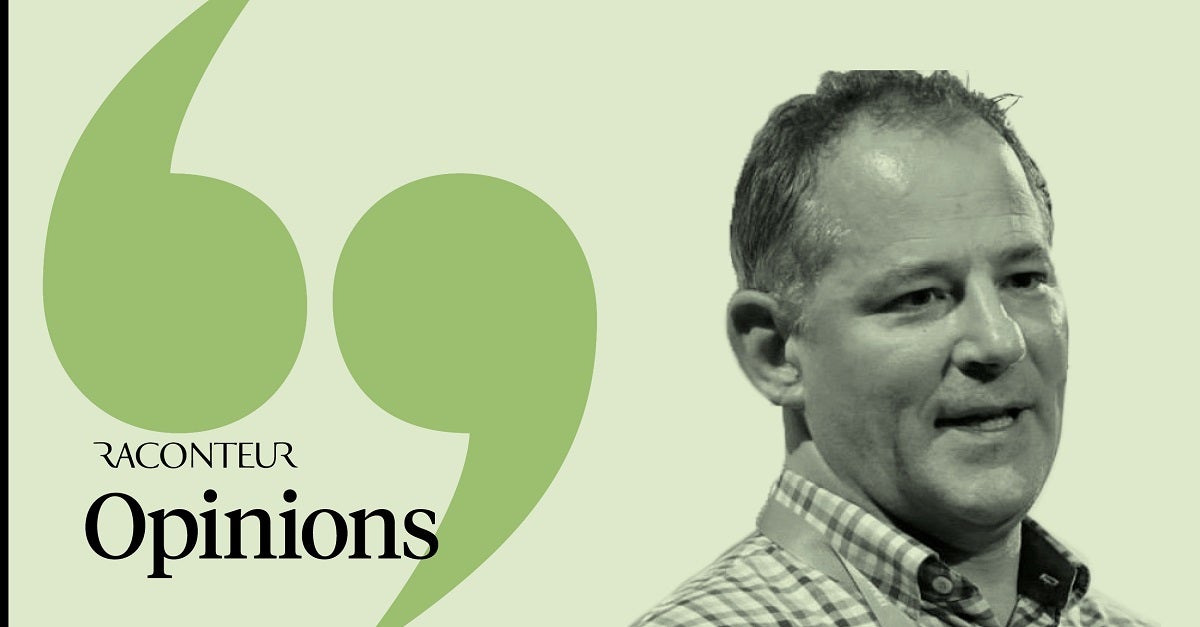
As baseball great Yogi Berra once said, “The problem with the future is that it ain’t what it used to be.” And the future world of the CEO will be very different from the one in which most CEOs have learnt their current leadership skills.
The converging tends of technology, diversity, Generation Y and globalisation are creating a brutal storm of transparency, a world where nothing can be hidden.
The future CEO will be held to a ruthless accountability by educated stakeholders who are expecting a broader contribution than making lots of money. These educated stakeholders will have an agenda that incorporates social justice, climate change, inclusivity and mental wellbeing.
A leadership job that was already difficult is going to require a whole new set of skills. The future CEO is going to require a new licence to lead. Are you up for the challenge?
Trust is key
The new licence of leadership will require CEOs to rely upon the power of trust rather than trusting in power. What does this mean? It means that traditionally our leadership credibility has been earned through intellectual prowess and the expert use of authority to maximise singular outcomes, such as maximising profit.
However, in a world where deference to authority is collapsing and purpose-led, emotionally intelligent leaders are coming to the fore, our leadership credibility will need to be earned from building human trust, not exercising expert authority.
To build human trust, the research demonstrates that CEOs will need to work on three mutually reinforcing capabilities: ability, integrity and benevolence. Indeed, the formula for trust is: trust = ability × integrity × benevolence.
When I share this formula with the CEOs I coach, most instinctively understand the need for ability and integrity, but few have a grasp of this word “benevolence”, which means wishing well for others. It’s common human care, compassion and kindness.
The benevolent CEO
None of the CEOs I work with have attended the “introduction to benevolence” course for senior leaders because in the old world, benevolence was a nice-to-have. In the new world, which relies upon the power of trust, benevolence becomes the must-have differentiator that renews our licence to lead.
How does a CEO do benevolence? Through my own research at Aston Business School, we can now identify that there are nine habits of trust, three for each of the components of ability, integrity and benevolence.
The three habits of benevolence are evangelise, be brave, be kind. CEOs who evangelise get on the front foot to spread the good news about their business and their brand. They counter the tide of social-media cynicism with an equally relentless and passionate campaign to promote an inspiring, purpose-led vision.
CEOs who are brave know there is a moment when the leader is expected to self-sacrifice in support of a goal that is bigger than their own personal survival. It is a quaint idea, but moral bravery inspires trust.
Finally, benevolent CEOs have the capacity to be kind. This does not mean they do not make tough decisions, are not performance focused, clear eyed and strategic. What it means is that as they do all those things, they retain the capacity to connect with their fellow human beings and treat them with dignity and respect.
As one leader I interviewed put it, “The CEO doesn’t need to do everything, but they do need to care about everything.”
So are you one of these future CEOs? Do you have the will to renew your licence to lead in a world where nothing can be hidden? Can you do benevolence, alongside doing ability and doing integrity? If “yes”, then you will be glad that the future ain’t what it used to be because you will come to find that now is your time.

As baseball great Yogi Berra once said, “The problem with the future is that it ain’t what it used to be.” And the future world of the CEO will be very different from the one in which most CEOs have learnt their current leadership skills.
The converging tends of technology, diversity, Generation Y and globalisation are creating a brutal storm of transparency, a world where nothing can be hidden.
